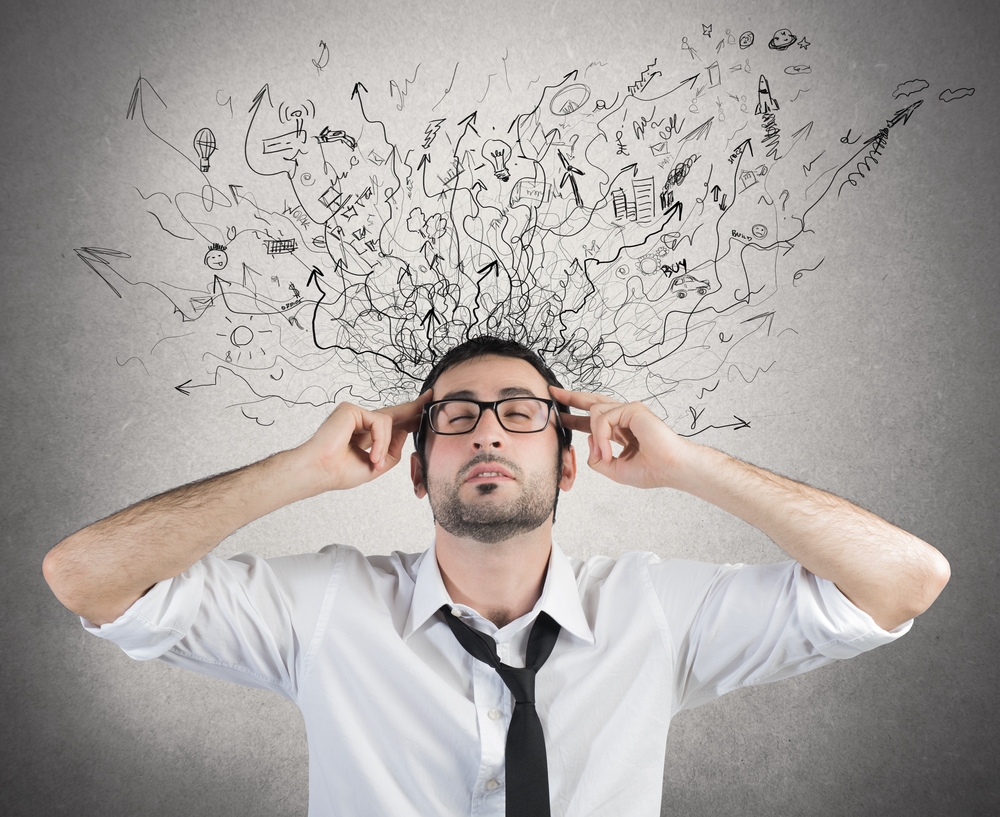
Strategies to Prevent Erectile Dysfunction and Strengthen Relationships
Erectile dysfunction (ED) is a sensitive issue that many men face at some point in their lives, yet it can feel deeply isolating and frustrating. While it’s often treated as a taboo subject, the reality is that ED affects millions of men globally and can have far-reaching effects on personal confidence, emotional well-being, and intimate relationships.
But ED doesn’t have to define your life or your relationships. In fact, many of the causes that lead to ED—such as lifestyle choices, underlying health issues, and psychological stressors—are manageable, and even preventable. By understanding the root causes and taking proactive steps, men can not only avoid ED but also enhance their overall health, well-being, and marital satisfaction.
In this guide, we’ll explore the most effective strategies for preventing ED, from lifestyle changes and stress management to fostering open communication with your partner. With the right approach, it’s possible to take charge of your sexual health and protect your sense of masculinity while building stronger, more intimate relationships.
Erectile Dysfunction: A Multi-Dimensional Issue
Erectile Dysfunction is characterized by the inability to achieve or maintain an erection firm enough for sexual intercourse. While it’s often associated with aging, ED can affect men at any stage of life. Its causes are multi-faceted, involving physical, psychological, and lifestyle factors. Recognizing these underlying causes is essential for both prevention and treatment.
Physical Causes of ED
The physical causes of ED generally relate to circulation, nerve function, and hormonal balance. Some primary physical contributors include:
-
Cardiovascular Issues: Diseases that affect the heart and blood vessels, such as atherosclerosis (hardening of the arteries), high blood pressure, and high cholesterol, are leading causes of ED. These conditions restrict blood flow to the penis, making it difficult to achieve an erection.
-
Diabetes: Men with diabetes are at heightened risk of ED due to nerve damage (neuropathy) and impaired blood flow caused by elevated blood sugar levels.
-
Obesity: Excessive weight contributes to various conditions like cardiovascular disease and diabetes, both of which are linked to ED. Obesity can also lower testosterone levels, further exacerbating erectile issues.
-
Hormonal Imbalances: Low testosterone or other hormonal disruptions can diminish libido and lead to erection problems. Hormones play a vital role in regulating sexual function, and imbalances can significantly impact performance.
-
Neurological Disorders: Diseases that affect the nervous system, such as Parkinson’s disease, multiple sclerosis, or spinal cord injuries, can impede the nerve signals necessary for an erection.
Psychological and Emotional Factors
The mind plays an equally crucial role in sexual performance. Psychological factors can contribute to or even cause ED, with the following being the most common:
-
Stress: Everyday stressors, whether from work, finances, or family life, can take a toll on sexual performance. Chronic stress can impair the body’s ability to respond to sexual stimuli.

-
Anxiety: Performance anxiety, or the fear of not satisfying a partner, can create a self-perpetuating cycle of ED. The more a man worries about his ability to perform, the more likely he is to experience difficulties.
-
Depression: Depression can reduce sexual desire and lead to ED. Moreover, many antidepressants have side effects that may negatively affect sexual function.
Lifestyle Factors and Their Role in ED
Lifestyle choices are another significant factor in the development of ED. Poor habits related to diet, exercise, and substance use can all contribute to erectile difficulties. Key lifestyle factors include:
-
Smoking: Smoking damages blood vessels and restricts circulation, which can hinder blood flow to the penis and lead to ED.
-
Excessive Alcohol Consumption: While moderate drinking may not have a significant impact on sexual performance, chronic heavy drinking can cause nerve damage and disrupt hormonal balance, both of which contribute to ED.
-
Sedentary Lifestyle: Regular physical activity is essential for maintaining cardiovascular health, and a lack of exercise is associated with conditions that contribute to ED, such as obesity and heart disease.
-
Unhealthy Diet: A diet high in processed foods, unhealthy fats, and sugars can increase the risk of cardiovascular disease and other health problems that affect sexual function
Proactive Prevention: How to Protect Your Sexual Health
Maintaining sexual health requires a holistic approach that addresses both physical and psychological health. Preventing ED involves making mindful choices in areas such as diet, exercise, stress management, and communication with your partner.
1. Prioritize Cardiovascular Health
Since ED is often a symptom of poor circulation, taking steps to improve cardiovascular health can have a direct impact on preventing erectile issues. Consider the following strategies:
-
Exercise Regularly: Aim for at least 30 minutes of moderate exercise, such as brisk walking or cycling, most days of the week. Regular physical activity improves blood flow and supports heart health, which in turn can prevent ED.
-
Adopt a Heart-Healthy Diet: Incorporating more fruits, vegetables, whole grains, and lean proteins into your diet can help maintain healthy blood vessels and reduce the risk of diseases that contribute to ED. Avoid excessive consumption of processed foods, saturated fats, and sugars.
-
Control Blood Pressure and Cholesterol Levels: Regular check-ups with your doctor can help you monitor and manage blood pressure and cholesterol, both of which are critical for preventing ED.
2. Manage Stress and Mental Health
The mind-body connection plays an essential role in sexual performance. Chronic stress, anxiety, and depression can all lead to ED, so managing mental health is crucial. Here are a few ways to reduce stress and anxiety:
-
Practice Relaxation Techniques: Mindfulness meditation, yoga, and deep breathing exercises can help reduce stress and improve focus, both of which can benefit sexual performance.
-
Seek Therapy If Necessary: If you’re struggling with anxiety or depression, speaking with a mental health professional can help. Cognitive-behavioral therapy (CBT) is particularly effective in treating performance anxiety and sexual dysfunction.
-
Communicate Openly with Your Partner: Open dialogue about sexual needs, concerns, and expectations can reduce anxiety and strengthen emotional bonds, which can help alleviate ED.
3. Maintain a Healthy Weight
Obesity increases the risk of both cardiovascular disease and diabetes, two conditions closely linked to ED. Maintaining a healthy weight through balanced nutrition and regular exercise can significantly reduce your risk of developing erectile problems.
4. Avoid Harmful Habits
Certain habits can directly contribute to ED. By making healthier choices, you can reduce your risk:
-
Quit Smoking: Smoking damages blood vessels and can lead to long-term circulation problems that affect sexual function. Quitting is one of the most effective ways to improve both cardiovascular and erectile health.
-
Limit Alcohol Consumption: If you drink, do so in moderation. Excessive alcohol use can impair sexual function, so limiting intake to a moderate level (one or two drinks per day) is recommended.
Addressing Erectile Dysfunction in Relationships
ED doesn’t just affect the individual—it can also have a profound impact on relationships, particularly in marriages. Sexual intimacy is an important component of a healthy relationship, and ED can lead to emotional distance, misunderstandings, and frustration. However, addressing ED openly and with mutual support can strengthen, rather than weaken, a relationship.
The Importance of Communication
Couples who communicate openly about ED are more likely to overcome its challenges. Discussing sexual health candidly with your partner can reduce feelings of shame or inadequacy and allow both individuals to express their needs and concerns. It’s essential to approach these conversations with empathy and understanding, recognizing that ED is a common condition that can be managed together.

Seeking Treatment Together
In addition to lifestyle changes, there are various medical treatments for ED, such as medications (e.g., Viagra, Cialis), penile implants, and shockwave therapy. Couples who explore treatment options together often find that their relationship becomes stronger as they navigate the challenges of ED with a shared sense of purpose.
The Bigger Picture: ED as a Warning Sign
Erectile dysfunction is often a symptom of broader health issues. In many cases, it can be an early warning sign of conditions like cardiovascular disease or diabetes. Addressing ED isn’t just about improving sexual function—it’s also about taking steps to protect your overall health. By focusing on prevention and managing underlying conditions, men can improve their quality of life and reduce the risk of more serious health problems down the road.
Conclusion: A Holistic Approach to Sexual and Relational Health
Erectile dysfunction is a common condition, but it’s not an inevitable part of aging. By taking proactive steps to maintain physical, mental, and emotional well-being, men can prevent ED and enjoy healthier, more fulfilling relationships. From adopting a heart-healthy lifestyle to managing stress and communicating openly with partners, there are many ways to preserve sexual health and protect against ED.
Ultimately, addressing ED is about more than just sexual performance—it’s about enhancing one’s overall quality of life. By prioritizing both physical and emotional health, men can safeguard their sense of masculinity, deepen their relationships, and enjoy a more satisfying, well-rounded life.










